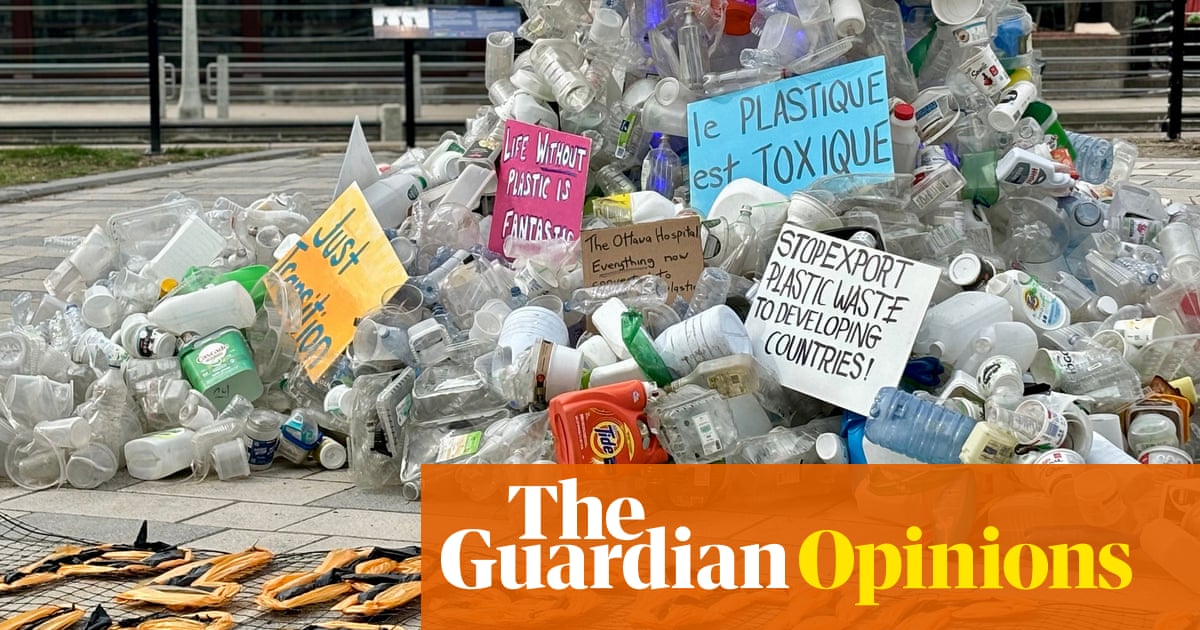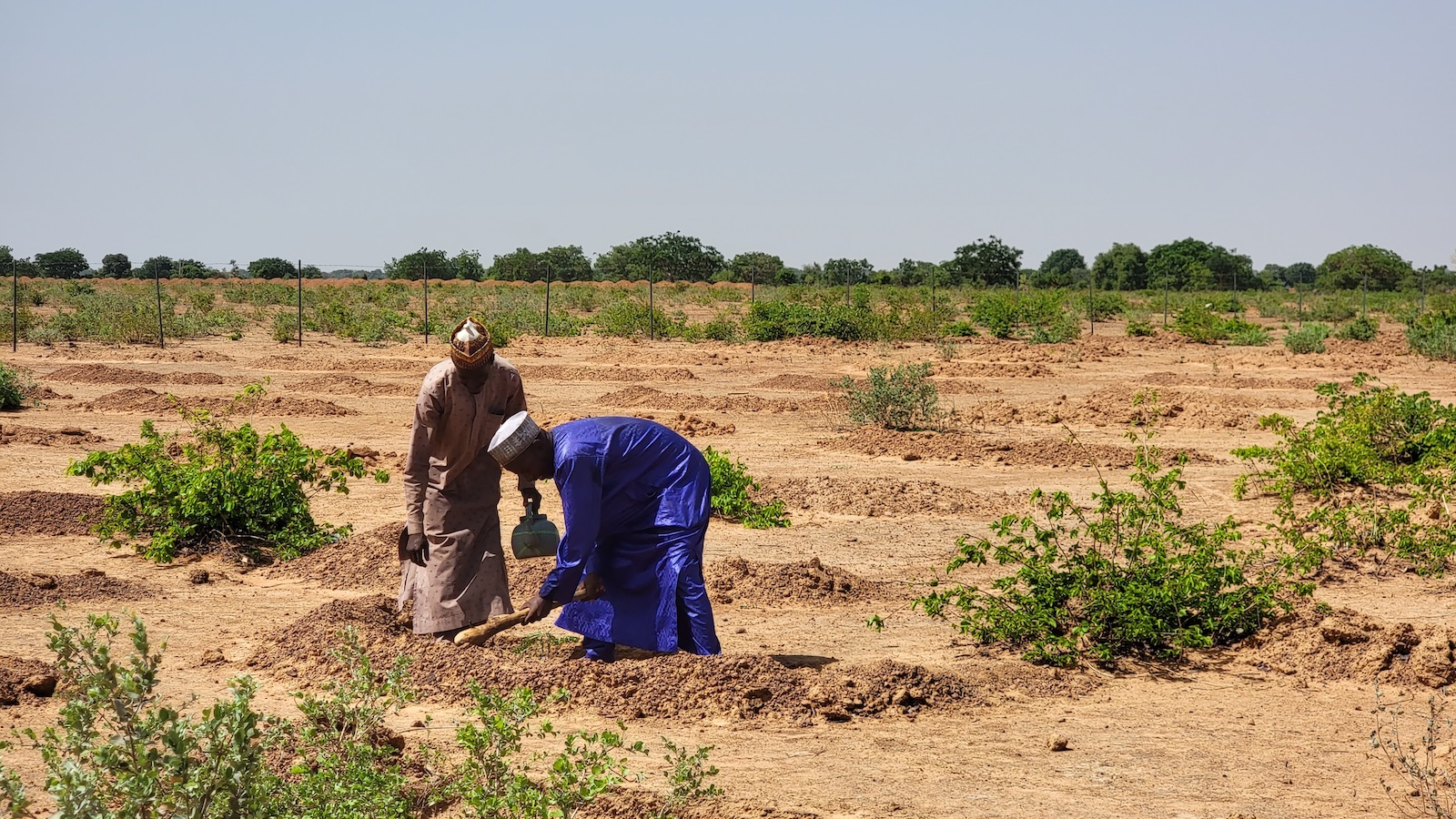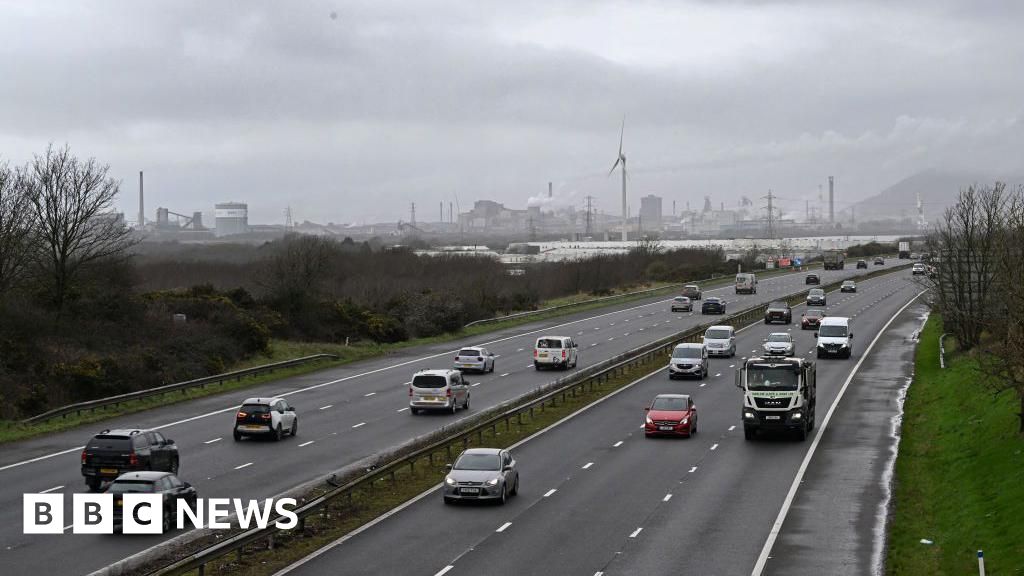World
The world has a chance to end plastic pollution – the petrochemical giants mustn’t spoil it | Steve Fletcher

Last week, in an enormous convention centre in downtown Ottawa, I joined delegates who have been negotiating over the most important environmental deal since the 2015 Paris agreement on climate change.
The global plastic treaty has a mandate to agree on a legally binding, international agreement to tackle plastic pollution across the entire plastics life cycle, from the initial extraction of fossil fuels for plastics production to the end-of-life disposal of plastic waste. The current meeting is the fourth of five scheduled negotiations and is critically important – without agreement on the objectives, structure and key measures, the prospect of agreeing on the final treaty text by the end of 2024 seems ambitious.
It was Inger Andersen, the UN Environment Programme executive director, who compared the deal to the Paris accords – and she’s right. The need to confront plastic pollution head-on is urgent because plastic pollution contributes to the three greatest global environmental crises of our time: the climate crisis, biodiversity loss and chronic pollution. The effects of plastic pollution on human health are becoming clearer. Plastic traces have been found in our blood and in human placenta, brain and lung tissue. They are known to increase the risk of health conditions, including cancer, diabetes, and neurodegenerative, cardiovascular and age-related diseases.
Plastic pollution is not only about plastic waste. Pollutants are released at all stages of the plastic life cycle, including extraction, manufacture, use and disposal. So far, efforts to tackle it have primarily focused on the disposal phase, through end-of-life waste management techniques, including better waste collection systems and the expansion of recycling, incineration and landfill capacity.
But these approaches do not prevent the release of pollutants earlier in the life cycle, nor do they significantly reduce the climate impacts of plastics, the vast majority of which happen before the plastic becomes waste. It is also clear that these systems cannot cope with the burgeoning volumes of plastic production that exist in the world. We cannot continue to rely on methods to tackle plastic pollution that we know do not work.
Instead, we must focus our efforts on tackling plastic pollution at its source. There is now compelling evidence that only a reduction in primary plastic polymer production, or virgin plastic, will deliver a substantive cut in plastic pollution. This is set out in a recent scientific paper (in a journal that I edit) in which the authors argue that reducing virgin plastic production is the quickest and most cost-effective way to reduce plastic pollution. For me and many others, this approach has compelling logic, as not creating so much plastic in the first place would eliminate the climate and biodiversity impacts of the “avoided” plastic.
However, the plastics economy is a tremendously complex system: introducing a new policy in one part of the system creates changes, sometimes unexpected ones, in others. So for production cuts to work, a range of supporting interventions will most likely be needed. This could include banning products that contain unnecessary plastics, as the UK government did by banning wet wipes containing plastic. We could also rethink the design of products and packaging to make them reusable rather than single-use, or remove fossil fuel subsidies, from which plastics benefit, that make plastic artificially cheap and falsely cost-effective.
Cutting plastic production would be a major policy shift and brings us to the main impediment: the lobbying power of the global plastics industry. Any mandated cut in primary polymer production would challenge very powerful forces. Countries whose economies rely on fossil-fuel and petrochemical industries reject the idea of production cuts and are lobbying hard against a binding production reduction target in the treaty. In previous negotiations this took the form of blocking and delaying tactics, whereby discussions were sidetracked towards the rules of procedure which dictate how decisions should be taken, rather than focusing on substantive discussion on measures to tackle plastic pollution.
But now is the time for negotiators to push hard for cuts in virgin plastic production, and the requirement that the petrochemical industry transparently disclose its production figures and the chemicals used within plastics. While there are many instances when plastic offers great value to society, such as in medical and food uses, these benefits should not come at the current cost to people and the planet.
The clock is ticking, but there is still time to leave future generations the legacy of a healthy planet unblighted by plastic waste.









